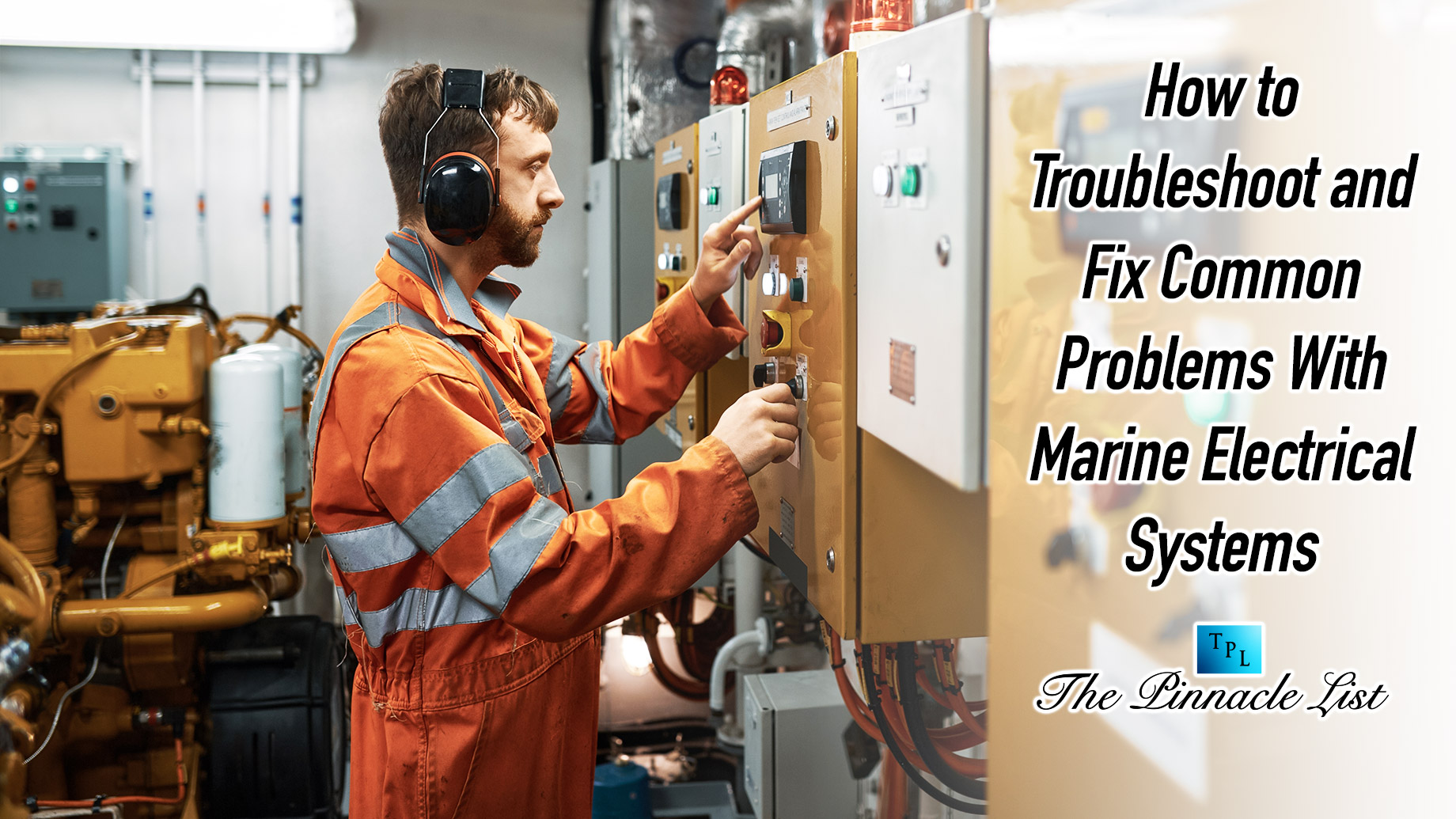
If your boat fails unexpectedly as a result of an electrical system fault, this can not only be extremely frustrating when you have to curtail your plans, but it could even put you in a challenging or dangerous position if the problem is serious enough.
One of the best ways to help avoid electrical faults is to use the best marine boat wire available. This will improve your ability to fend off the threat of common problems such as corrosion, and wear and tear.
Despite all of your best efforts, there will be times when something fails. Here’s a look at some common issues with marine electrical systems, and an overview of how to troubleshoot and fix them.
Be aware of the impact that corrosion can have
Corrosion can have a seriously detrimental impact on your boat’s electrical system. That’s why it always pays to use the right type and grade of marine wire, as it has been constructed and designed to withstand the threat of corrosion.
Some of the common signs of corrosion include intermittent electrical failures, reduced functionality of the equipment as a result of reduced conductivity, and excessive heat in the wiring, which escalates the risk of a fire.
As well as using specific marine wire, you could also combat the threat of corrosion by using sacrificial aluminum or zinc nodes. These are strategically used in key areas of the boat, such as the propeller shaft, outboard motor, and engine block. They work by attracting corrosion-causing elements and diverting them away from vulnerable and critical electrical components.
Alternator and charger problems
Another common problem to look out for is issues that affect the boat’s alternator and charger. As these play a pivotal role in generating and regulating power supply around the vessel, it’s an integral aspect of your marine electrical system that needs monitoring and protection.
Typical signs that you might have a problem in this area include slow or incomplete charging cycles, and damaged circuit breakers or fuses. Start by testing the connections and testing the voltage output. Carry out a manual inspection of the alternator belts and wiring and check for faulty diodes, as these diodes are vital for converting AC into DC.
You may need to get a qualified technician to carry out a diagnostic test if your initial investigations don’t reveal any obvious answer.
Taking preventative measures to help prevent electrical problems developing
One of the best things you can do is to carry out regular periodic inspections of your electrical system. Check all the wiring, connections, and other key components for signs of damage, or wear and tear.
Another positive step would be to commit to using marine materials whenever you can. This includes always using the right marine wire for each specific task. Your supplier will be able to guide you and offer any help choosing the right product that will give you the best possible performance, protection, and longevity of service.
Ignoring or neglecting electrical issues is never a good idea. These sorts of problems have the capacity to quickly escalate into something even more serious if left unchecked.